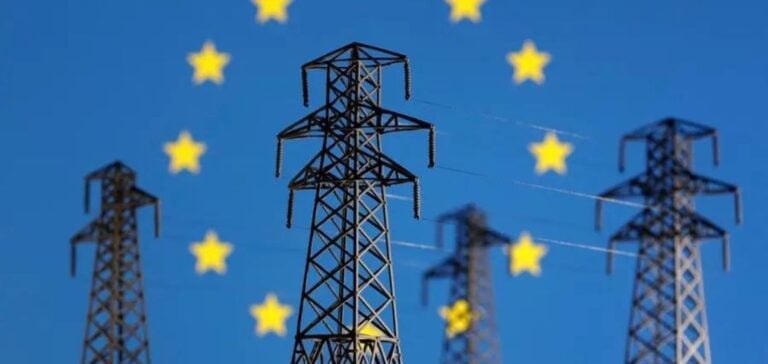Europe is currently facing unprecedented volatility in natural gas prices, forcing many countries to reassess their energy strategies.
Recent geopolitical events, combined with disruptions on global gas markets, are exacerbating uncertainty.
This situation is driving governments and companies to seek sustainable alternatives and strengthen their energy resilience.
Europe’s historic dependence on natural gas, particularly from Russia, is being tested by economic sanctions and supply restrictions.
This highlights the need to diversify energy sources, turning more towards renewables such as wind and solar, as well as nuclear, to ensure a more stable and sustainable energy transition.
Investments in Renewable Energies
Faced with this crisis, several European countries are stepping up investment in renewable energy infrastructure.
The European Commission has announced an ambitious plan to increase the installed capacity of renewable energies, with a particular focus on offshore wind and solar power.
Major projects are underway, notably in Germany and the Netherlands, to reduce dependence on natural gas.
At the same time, initiatives to improve energy efficiency and reduce overall energy consumption are being stepped up.
The aim is to cut carbon emissions and reduce vulnerability to gas price fluctuations on international markets.
Nuclear Energy Renewal
In addition to renewable energies, nuclear power is enjoying a revival in Europe.
Countries like France, already a leader in nuclear power generation, are stepping up investment in upgrading existing plants and building new reactors.
The UK and Poland have also announced plans to expand their nuclear capacity, seeing the technology as a reliable, low-carbon solution for the energy future.
These efforts are not without their challenges.
High costs and long lead times for the construction of new nuclear facilities pose significant obstacles.
In addition, nuclear waste management remains a thorny issue, requiring sustainable solutions that are accepted by the public.
Long-term outlook
In the short term, Europe needs to manage the current volatility of gas prices and its economic impact.
In the longer term, investment in renewable and nuclear energy infrastructure, together with improvements in energy efficiency, should help reduce dependence on natural gas and stabilize the European energy market.
Initiatives to strengthen energy cooperation within the European Union are crucial.
The interconnection of electricity and gas grids, as well as the sharing of resources and technologies, are key elements in ensuring a smooth and resilient energy transition.
The current crisis in natural gas prices highlights the need for Europe to diversify its energy sources and strengthen its resilience.
Increased investment in renewable energies and nuclear power, as well as efforts to improve energy efficiency, will play a crucial role in Europe’s energy transition and the stabilization of its energy market.






















